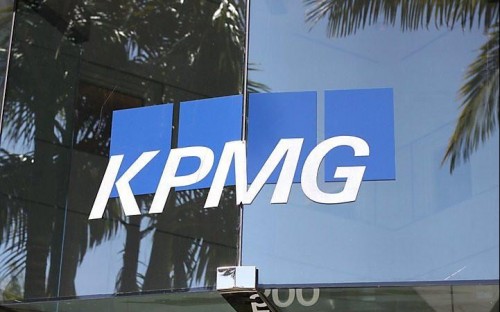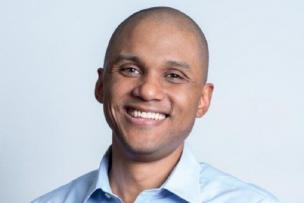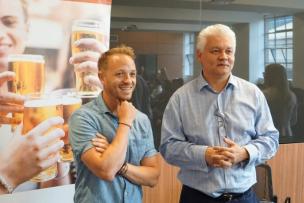As technology continues to impact business, companies are seeking new solutions to help them manage an onslaught of data, common in sectors from retail to banking.
For firms like KPMG, digital service lines have become a key growth area. Businesses are increasingly taking advantage digital – big data, analytics, the cloud and social media.
With new revenue streams comes new employment opportunity. KPMG’s digital team is expected to triple in number by the end of 2015. Rivals such as Deloitte have set up similar but stand-alone digital advisory companies. They see business schools as a rich vein of talent.
For MBAs the opportunities may be bountiful. KPMG in particular is making a big push toward tech. The Big Four auditor is halfway through a $1 billion investment program aimed at developing new data and analytics solutions for clients.
In 2014 it acquired Cynergy Systems, a digital mobility company, to capitalize on the transformative opportunities provided by tech.
That follows the establishment in 2013 of KPMG Capital, an investment fund focused on data and analytics businesses.
It more recently invested £20 million in the establishment of a new Centre for Advanced Business Analytics at Imperial College Business School, and in November it struck a deal with McLaren Group to apply the same predictive analytics it does to its Formula One team to KPMG’s clients.
Mazhar Hussain, a director at KPMG Digital and Analytics, will lead the new Imperial centre in London. He thinks there is a strategic opportunity to pick the “crème of the crop” from the leading business school’s students.
KPMG has always been a favourite among MBAs, but its digital drive is one of the more exciting routes to a career at one of the biggest professional services companies, employing 155,000 people in 155 countries around the world, with combined revenues of $24.8 billion.
How many people are in the team?
Currently [we have] about 15 people and we are growing. The digital story is different; in the last 12 months we’ve grown through acquisition. We’ve just bought another business, Cynergy [Systems], so we’ll be triple that number by the end of [2015].
Is recruitment going to be increased for this team?
We’re looking for talent in the right markets, and internally, because we’ve got very talented individuals within the business [already] that we can move around.
What are the areas we’re growing in? Digital is one of the core ones. So expertise within that is certainly an area we’re looking at growing in.
The stuff we’ve done with imperial is a response to the fourth wave of economic value: [data].
Is there increased demand for professional services firms to offer clients services in digital areas?
There is a huge amount of need to see through the fog; a huge need to take away the risk factor.
Every organization has a lot of data and they don’t know what to do with it. That’s where our expertise comes in.
Data is going to change the way every organizations works, from recruiting to creating new products to going to market – the whole stream of that strategy element will all change as a result of the way data impacts it. We need to help clients overcome it.
Are businesses utilizing big data as much as they should be?
I don’t believe so. I think there’s a huge amount of scaremongering going on around the term… [There is] confusion and fog around the term, and where organizations like KPMG come in is bringing the trust back.
There are still concerns about the regulation of data, such as privacy. Can these issues hold business back?
There’s definitely a trust issue and it’s a fine line that needs to be managed, and that’s where the governance comes in. The future leaders of the world are the guys coming out of the MBAs, and they are the guys who will establish the governance of data. There’s going to be a need for that.
What role do business schools have in driving the use of data?
It’s critical; it’s a core part of the learning. A core part of what we’re finding in the way the economy is working [is that] there’s a divide that’s now being crossed [between] the academics and the corporations. The synergies are becoming bigger and that gap is closing.
We need the people coming out of those schools and universities to understand [data].
Also [they need to] understand the commercial application of that. It’s no longer about just understanding what the work does, but what problems you’re able to solve.
What does the UK in particular need to do to establish itself as a hub for data science?
The government is doing a lot. Things change quicker [now]; companies are starting up and going bust in three years. Demand is changing.
Just having a finger on the pulse and ensuring the skill sets are matching the requirements [is important for the UK]. And that’s part of the reason why KPMG and academics are getting more tied up.
Is that a benefit of partnering with business schools – to have a pool of talent to pick from?
Strategically that is the opportunity – 100%. Absolutely. The PhD program – that’s going to be rotating PhDs through the centre through the course of the year. We will use that opportunity to get the crème of the crop.
Student Reviews
Imperial Business School
RECAPTHA :
56
48
0c
c2








